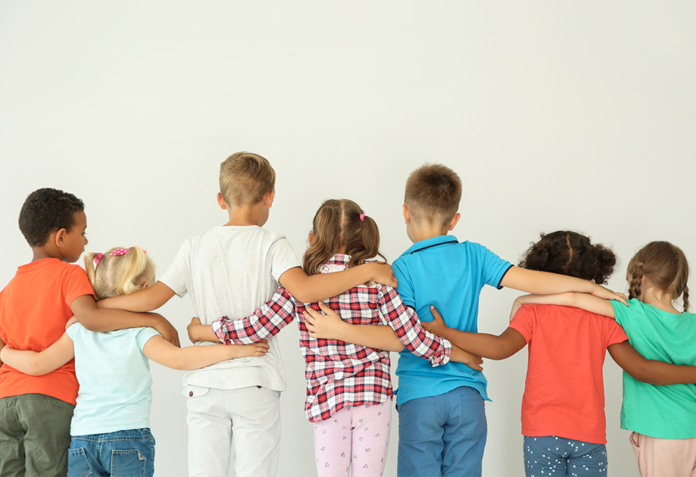In today’s diverse world, it is essential for parents and teachers to recognize the biases against race, ethnicity, gender, age, and other social identities that are present and make an active effort to overcome them. They are responsible for the next generation, and it is important that children learn to fight bias from a young age so they can grow up to be better people in society. Parents and teachers are the only ones who can make this happen with resist bias.
Why Teaching Kids to Resist Bias Matters?
Children are very observant and learn a lot from what they see and hear. By teaching them about bias, we give them the ability to think critically, question assumptions, and be fair and kind to everyone. Here are a few reasons why starting early is essential:
- Shaping Inclusive Personalities: If kids are taught that everyone deserves respect and fairness from early on, they learn to appreciate diversity and reject bias, plus it also helps them develop open minds and inclusive personalities.
- Countering Stereotypes: Most of the time, assumptions lead to bias. By questioning these ideas, kids learn to see each person as an individual no matter which group they come from. This helps build awareness and helps kids become more empathetic.
- Building a Harmonious Society: Resistance from biases if cultivated from childhood can lay the foundation for a more inclusive society where everyone is valued and respected..
Ten effective ways to teach young children to resist bias:
- Model good behavior
Children learn from watching what adults do. Show kids how to talk and act by using words and actions that are welcoming and empathetic. Use words that doesn’t disregard a gender, race or religion. Break stereotypes, and treat everyone with care. This gives kids real-life examples of how important it is to be kind to everyone and set’s an example for what kind of individual they should become.
- Emphasize Similarities and Differences:
Make activities that show both how people are alike and how they are different. It will help them respect individuals no matter what their similarities and differences are. For example, you could hold a “Culture Day” where kids share parts of their own culture and learn about other’s culture.
- Empathy through Storytelling:
Read books and tell stories with various personalities and points of view. Talk to kids about the problems they face and help them to understand what they are going through. Make them understand how each individual is unique and there is nothing wrong with it. This makes them more empathetic, broadens their view of the world, and breaks down presumptions.
- Make kindness a priority
Making kindness a priority in your home.Creates an inclusive, warm, and welcoming environment that sets a tone for learning and growth. Teach them how kindness an help them and the people they interact with.
- Encourage Critical Thinking:
Talk to kids in ways that get them to think critically and intrigue them to ask questions. Tell them to question stereotypes and find out why some biases arise. Parents can help erase prejudice if children are encouraged to maintain an open mind.
- Start with Self-Reflection:
Encourage children to reflect on their own biases and assumptions. Engage in discussions that explore their thoughts and feelings about different social identities. Ask questions like, “How would you feel if someone treated you differently because of your appearance?” This helps children develop self-awareness and recognize their own biases.
- Teach about Historical Figures:
Introduce children to diverse historical figures who have made significant contributions in various fields. Highlight their achievements while discussing the challenges they faced due to bias. This inspires children and instills a sense of admiration for diverse role models.
- Promote Inclusive Play:
Encourage children to engage in inclusive play by providing a variety of toys, books, and activities. This encourages teamwork, compassion, and understanding of others’ points of view. Don’t limit kids’ play based on gender roles, and push them to try out a lot of different things.
- Cultivate Empathy through Service:
Engage children in community service or volunteering activities that expose them to different realities and people from various backgrounds. By actively helping others, they develop empathy and learn the importance of equality and compassion.
- Celebrate Diversity:
Organize events or celebrations that highlight and appreciate different cultures, traditions, and holidays. Invite families to share their customs, cuisines, or music. These experiences celebrate diversity and reinforce the message that everyone’s contributions are valuable.
Teaching young children to resist bias is a crucial step toward creating a more inclusive and harmonious society. Remember to be patient, consistent, and provide a safe space for an open mind. Together, we can raise a generation of children who are empowered to challenge biases and embrace inclusivity in all aspects of life.




